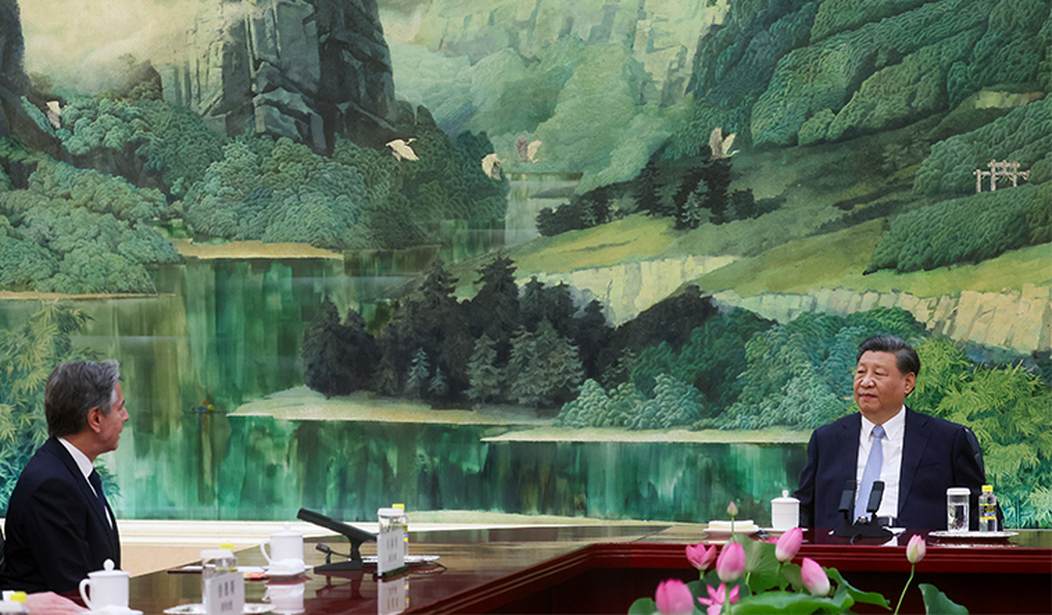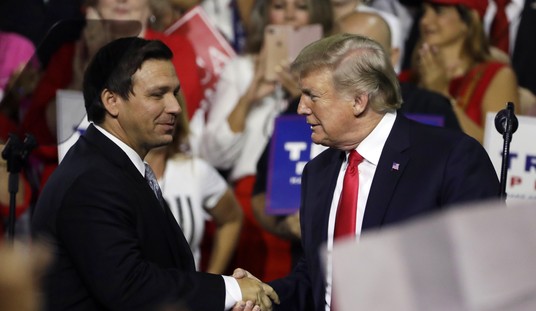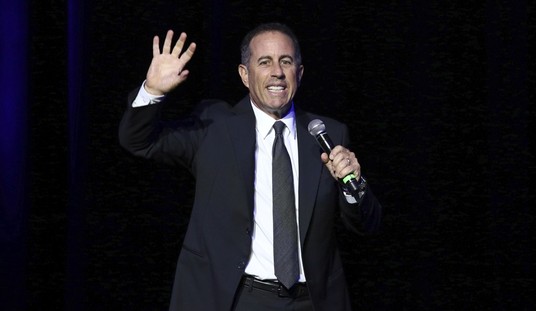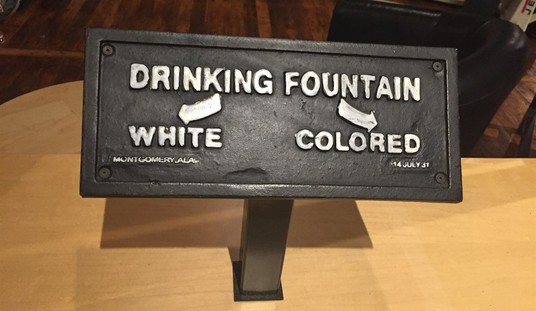Former Congressional staffer and current scribe for 1945.com Brandon Weichert has some thoughts on what’s likely coming up for China, and he’s not sanguine about their prospects.
China’s property market, which accounts for about 30 percent of China’s gross domestic product (GDP), has been in freefall since the collapse of Evergrande Bank in the Fall of 2021. The fallout from that, as well as the disastrous “Zero COVID” policies of President Xi Jinping, has prompted the largest correction of China’s economy in recent history.
There are now serious discussions among China experts that China is collapsing.
Whether the total collapse of China—a truly nightmare scenario—or something less destabilizing occurs, it’s important to understand how a collapsing China could negatively impact the world.
Like it or not, the world in general and the United States in particular are pretty tied in with China, economy-wise. We depend on China for many things, not the least of which is pharmaceuticals.
But if China collapses, what form would that collapse take? Mr. Weichert presents two possibilities. Here’s the first:
China’s current ruler, the autocratic President Xi Jinping, has taken more power for himself than any Chinese leader since Mao. Under these conditions, he gets all the credit when things go well.
When they go badly, as they have in China since 2019, Xi gets the blame. In turn, Xi has had to increase his political power even more to prevent himself from being overthrown.
To distract his people from his own failures, then, Xi is increasingly belligerent with his neighbors—especially Taiwan. It is logical to assume that the more the Chinese economy collapses, the more likely it is that China will risk war with its neighbors.
Beyond that, though, if things get really bad in China for Xi Jinping, he could be ousted by a rival cadre of CCP leaders.
This could mean a far more competent Chinese Communist leader takes charge.
This doesn’t sound all that much different than the “moderate” Mikhail Gorbachev’s ascension in the Soviet Union, followed by the immediate collapse of that totalitarian nation into something slightly less totalitarian – for a while. And it may be the better of two bad options.
Here’s the second option:
Or, as happened at the end of the Qing Dynasty, various factions could arise following Xi’s ouster, basically creating a multi-sided civil war. Now, imagine China’s disastrous Warlord Period, but with nukes and a whole arsenal of WMDs on the loose.
That could be more dangerous for the United States than whatever it faces from the current regime in China.
A total collapse of China in the near term, even with many Western firms reducing their exposure to China’s economy, would also collapse the global economy. It would precipitate the largest global recession—possibly even a depression—in decades.
For every crisis, there is an opportunity, though, and if China remains one nation united under a reformed, warmer, and fuzzier Chinese Communist Party (CCP) or instead relapses into an archipelago of regional states controlled by strongmen or warlords— as it was only a little over a century ago—might not there be an opportunity there for another Asian country? Say, one with a high-tech economy, a solid background in high-tech and manufacturing, and a great deal more economic freedom than most of that part of the world?
Like, maybe, Japan?
The primary problem facing Japan today, even worse than their sovereign debt issues, is demographics. (China, Russia, and other developed nations are facing similar problems.) The future, as the saying goes, belongs to those who show up for it, and the Japanese aren’t showing up. But unlike other nations, such as the United States, Japan is not encouraging immigration to make up for the lack; if Japan is to die, it seems, then they have decided to die Japanese.
A large, anxious workforce just across the Sea of Japan could pump some life back into the Japanese economy, at least for what time they have left – and who knows, greater prosperity may just goad young Japanese people into making babies again.
There are significant obstacles to overcome here, of course. China and Japan have, historically, not always gotten along. And if China were to follow Brandon Weichert’s second scenario and collapse into an area run by squabbling warlords, the security provisions (or cost of bribes demanded to guarantee security) may be prohibitive. But it can be done; I have personally visited and advised Quality Management personnel in a Japanese company’s Shanghai manufacturing facility. So there is precedent.
This scenario, however, would require two very different countries to luck into the best possible outcomes for their problems simultaneously, which doesn’t seem altogether likely. China’s prospects for the rest of the century are poor, and unless they undergo some catharsis and re-stabilize very quickly, no other country is going to want to increase economic entanglement with a dying giant.
With or without Japanese involvement, though, the fall of China would present global economic hardship; at best, a severe global recession, and at worst, a global Depression that would rival or surpass the 1929-1939 Great Depression.
By a decade from now, we will very likely know how all this ends up.














